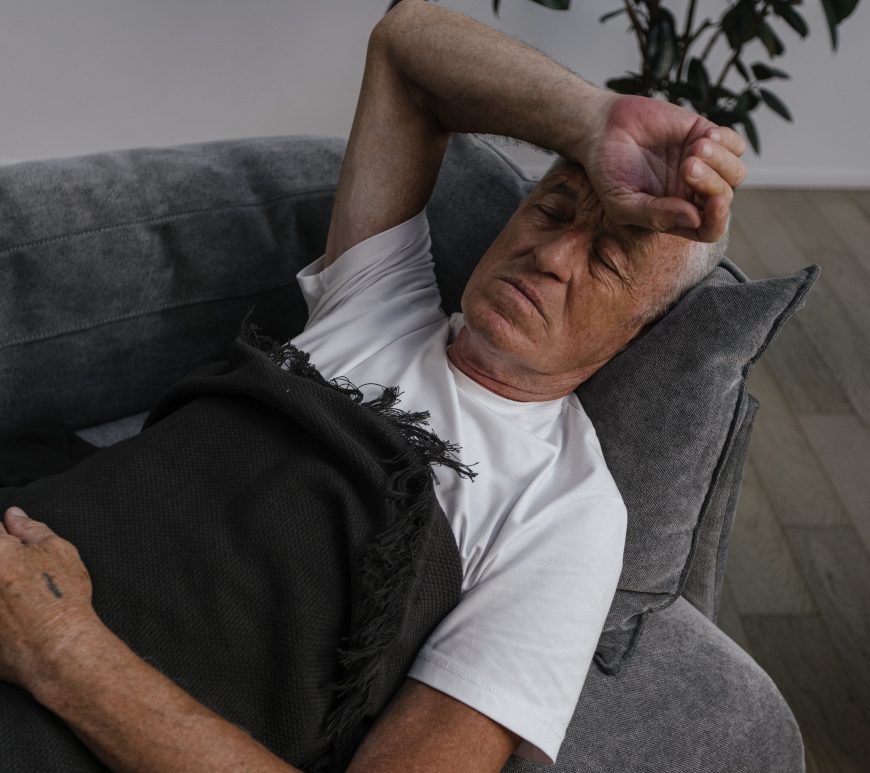
Is exercise the key to managing parkinson’s disease symptoms?
In 2015, a pilot study led by a team of researchers, including Alessandro Carvalho and colleagues, highlights the potential benefits of strength training (ST) and aerobic training (AT) as supplementary treatments for Parkinson’s disease (PD). The study, published in [Journal Name if known], aimed to compare the effects of these exercise programs with traditional physiotherapy on motor symptoms, functional capacity, and brain activity in patients … Continue reading Is exercise the key to managing parkinson’s disease symptoms?


